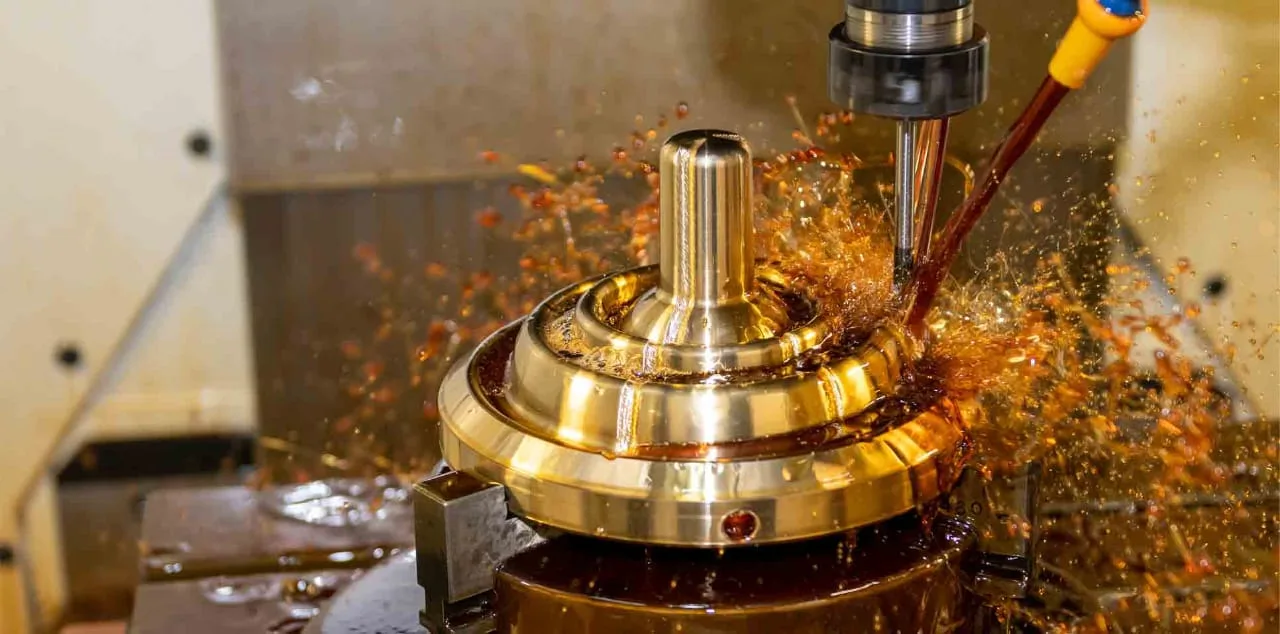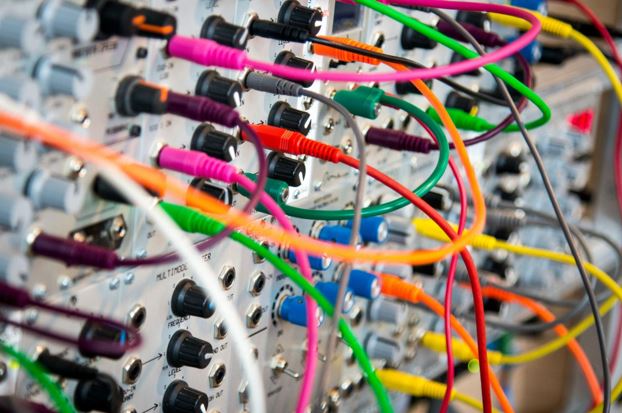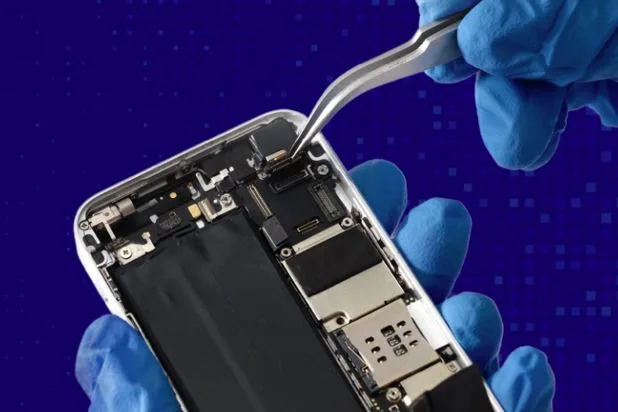Precision H59 Brass Machining Services for Durable Parts
In today’s fast-paced manufacturing industry, precision, durability, and efficiency are crucial for producing high-quality components. One material that has stood the test of time for its machinability, strength, and corrosion resistance is H59 brass. When it comes to creating durable parts that require intricate detailing and high-performance features, precision H59 brass machining services play a vital role across multiple industries, including automotive, electronics, plumbing, and aerospace.
This article explores the key benefits of using H59 brass, the capabilities of precision machining services, and why partnering with the right machining provider can make a significant difference to your project’s success.
What is H59 Brass?
H59 brass is a widely used copper-zinc alloy with approximately 59% copper and 41% zinc content. It is classified as a free-cutting brass due to its excellent machinability and is especially suitable for turning, milling, drilling, and other complex machining processes.
H59 brass machining using a CNC machine ensures high precision, smooth finishes, and efficient production for complex parts. Its excellent machinability makes H59 brass ideal for CNC turning and milling processes, delivering durable and corrosion-resistant components for automotive, electronics, and plumbing industries. CNC machining optimizes speed, accuracy, and customization.
H59 brass is a widely used material in CNC machining, valued for its robust strength and moderate machinability. It is frequently applied in the production of precision-engineered parts, such as mechanical fittings, valves, and components where both mechanical integrity and corrosion resistance are essential. Although H59 brass delivers excellent durability and structural performance, it can present more machining challenges compared to softer brass grades like H62, primarily due to its higher hardness. Machinists often adjust tooling and speeds to accommodate its tougher cutting characteristics, ensuring accurate tolerances and clean surface finishes in the final product.
Key Characteristics of H59 Brass for CNC Machining
-
Excellent Machinability: H59 brass offers superior ease of cutting, allowing faster machining speeds and reduced tool wear.
-
High Strength and Durability: Its robust tensile strength makes it ideal for producing parts that withstand mechanical stress.
-
Corrosion Resistance: Suitable for outdoor, plumbing, and marine applications due to its resistance to rust and corrosion.
-
Thermal and Electrical Conductivity: Ideal for electrical connectors and heat transfer components.
-
Good Surface Finish: Easily produces smooth, polished surfaces post-machining, minimizing the need for extra finishing.
-
Versatile Applications: Used in automotive, electronics, plumbing, and decorative industries.
These characteristics make H59 brass a popular choice for manufacturing precision-engineered, durable parts.
Industries That Rely on H59 Brass Machining Services
Because of its balance between strength, machinability, and aesthetic appeal, H59 brass is widely used in various industries:
-
Automotive Industry: For manufacturing sensor housings, valves, fittings, and connectors.
-
Plumbing and HVAC: Used in pipe fittings, faucets, and control valves due to its corrosion resistance.
-
Electronics: Ideal for making terminals, connectors, and electrical contacts.
-
Aerospace: Utilized in small precision parts where weight and corrosion resistance are factors.
-
Consumer Products: Used in decorative hardware, locks, and musical instrument components.
Benefits of Precision H59 Brass Machining Services
When it comes to manufacturing durable brass components, precision machining services offer several distinct advantages:
1. High Dimensional Accuracy
CNC and high-precision lathes allow for extremely tight tolerances, ensuring that every part meets exact design specifications. This level of accuracy is crucial for components used in aerospace, electronics, and automotive applications.
2. Smooth Surface Finishes
H59 brass responds well to machining, producing smooth surfaces with minimal need for post-processing. A smooth finish improves both functionality and appearance, especially important for electrical contacts and decorative elements.
3. Faster Production Times
Thanks to its free-cutting properties, H59 brass allows for quicker machining speeds and reduced tool wear. This results in faster turnaround times and lower production costs, making it ideal for both prototyping and high-volume production.
4. Customization Flexibility
Precision machining allows for the creation of custom geometries, threading, and detailed features tailored to your project’s unique requirements.
5. Durability and Long Service Life
H59 brass parts produced through precision machining boast excellent wear resistance and durability, ensuring that your components withstand the test of time, even in demanding environments.
Common Precision Machining Processes for H59 Brass
A reputable brass machining service provider will offer a wide range of machining processes suitable for H59 brass, including:
-
CNC Turning: Produces cylindrical parts like bushings, fittings, and connectors with high accuracy.
-
CNC Milling: Ideal for creating complex 3D shapes, pockets, and slots.
-
Drilling and Tapping: For threaded holes and internal features.
-
Grinding and Polishing: To achieve fine finishes and tight tolerances.
-
Threading: External or internal threading for fasteners and fittings.
-
Deburring and Finishing: Removing sharp edges or imperfections to improve safety and performance.
Modern CNC machining centers equipped with multi-axis capabilities can perform multiple operations in one setup, improving efficiency and consistency.
Choosing the Right H59 Brass Machining Service Provider
Selecting a reliable machining partner is crucial for ensuring part quality, on-time delivery, and cost-effectiveness. Here’s what to look for:
1. Experience with Brass Machining
Ensure the supplier has specific experience in machining H59 brass. Different metals require different tooling, speeds, and feeds. A seasoned shop understands how to optimize machining parameters for this material.
2. Advanced CNC Machinery
State-of-the-art CNC equipment ensures tight tolerances and repeatability, whether for small batch orders or mass production runs.
3. Material Certification and Traceability
A good supplier will provide material certification to confirm that the brass used meets H59 standards. Full traceability ensures quality control and regulatory compliance.
4. Quality Assurance Processes
Look for companies with ISO 9001 certification or similar quality management systems. Their QA department should conduct inspections at multiple stages, using precision measurement tools like Coordinate Measuring Machines (CMMs).
5. Customization Capabilities
If your parts require specific finishes, coatings, or complex features, choose a partner who offers full customization options, including surface treatments like nickel plating, polishing, or anodizing.
6. Competitive Pricing and Turnaround Times
Ask for detailed quotes and production timelines. The best suppliers balance affordability with high-quality output and reasonable lead times.
Applications of Precision H59 Brass Components
Here are some real-world applications where precision-machined H59 brass parts excel:
-
Hydraulic fittings and connectors in heavy machinery
-
Electrical terminals and pins for circuit boards
-
Valve bodies for water control systems
-
Threaded inserts in plastic assemblies
-
Sensor housings in automotive and aerospace industries
-
Ornamental hardware like decorative knobs and hinges
Each of these components requires not only dimensional accuracy but also reliable mechanical performance under stress, making precision machining essential.
Tips for Getting the Best Results from Your Brass Machining Project
-
Provide detailed CAD drawings and specifications upfront.
-
Discuss material tolerances and surface finish requirements early in the project.
-
Clarify your order volume and delivery deadlines.
-
If possible, request samples or prototypes before committing to large production runs.
-
Communicate openly with your machining partner about any design challenges or anticipated changes.
Final Thoughts
When your project requires durable, high-precision components, H59 brass machining services offer the perfect solution. From automotive and aerospace to plumbing and electronics, the versatility and performance of H59 brass—combined with expert machining—ensure that your parts meet the highest quality standards.
By partnering with an experienced and reputable machining service provider, you’ll gain access to state-of-the-art equipment, skilled engineers, and strict quality control processes, all working together to deliver components that are both functional and long-lasting.
If you’re ready to start your next project, reach out to a trusted brass machining expert today and bring your precision part designs to life with confidence.






